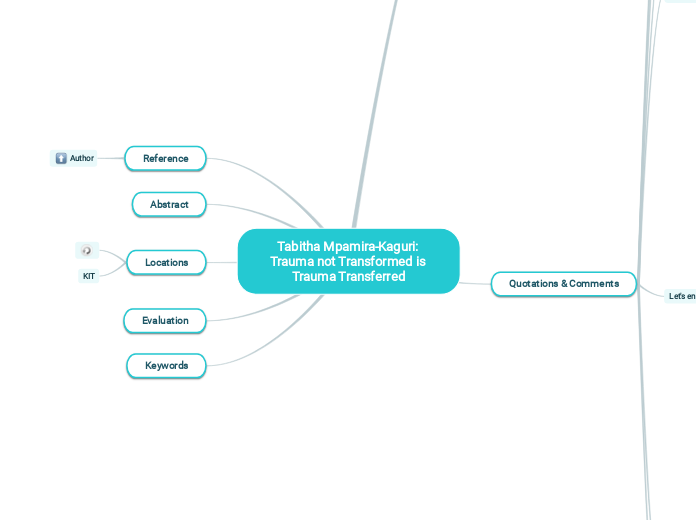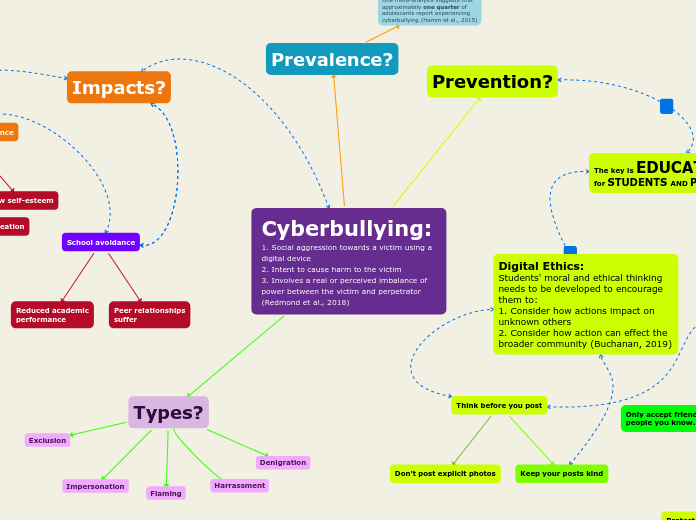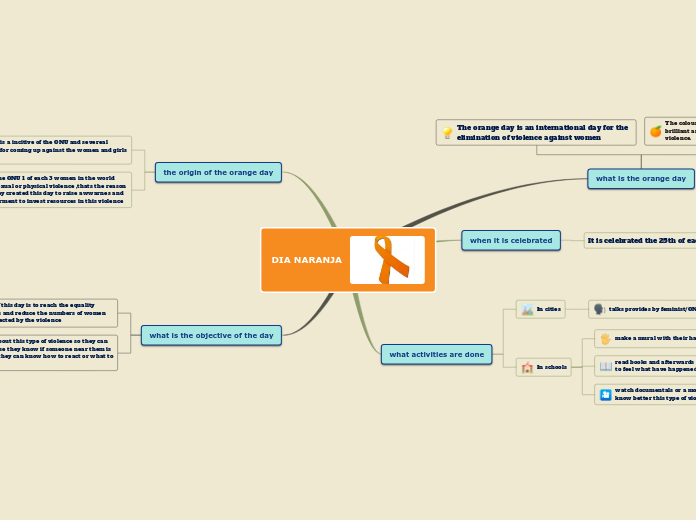por Medizin Wissen 3 anos atrás
714
Tabitha Mpamira-Kaguri: Trauma not Transformed is Trauma Transferred

por Medizin Wissen 3 anos atrás
714

Mais informações


por Jerry Teo Teo


por Nadine Dunstone


por asma idahouyen hamdaoui


por Kadence Monte
stigma etc.
traditions
Chain of buzz-words
transform
heal
making your personal stories public is not so crucial in healing as it may seem
#MeToo
... is an example for a very specific kind of awareness campaign - with all related issues
#awareness
The antidote for silence is not talking just about the pain, it is talking about the resolution.
Reconciliation
The emotional burden of distressing life events can be managed. Mechanisms in society should consciously used to do this in a "smart" way. - I have to elaborate this...
The crucial question is: How much punishment of perpetrators do victims need for healing - and how much punishment of perpetrators can a society tolerate in order to still reconcile and not see the victims as perpetrators.
If we take society their right to have defense mechanisms, the people will alienate and become hard.
To say: Well, you have caused pain, directly or indirectly, here is the truth, now deal with it - will fire back.
In a way repeats the cycle of trauma.
It ignores a central element of human nature.
Now, if the effect in society that you have is creating helplessness and shame - you are not reconciling - you create boundaries.
Those boundaries will be hidden and difficult to see at first. But they grow strong and create the next cycle of the problem.
We assume society or community has its role in individually experienced trauma - due to conventions and belief systems and punishmed through stigma.
It does take care of "stigma" - but also only partially
MYTH!
Questions raised but left unanswered in the talk:
leaves a sense of helplessness that I would argue should be avoided
What are you gonna pass on?
What are you gonna do?
Don't know...